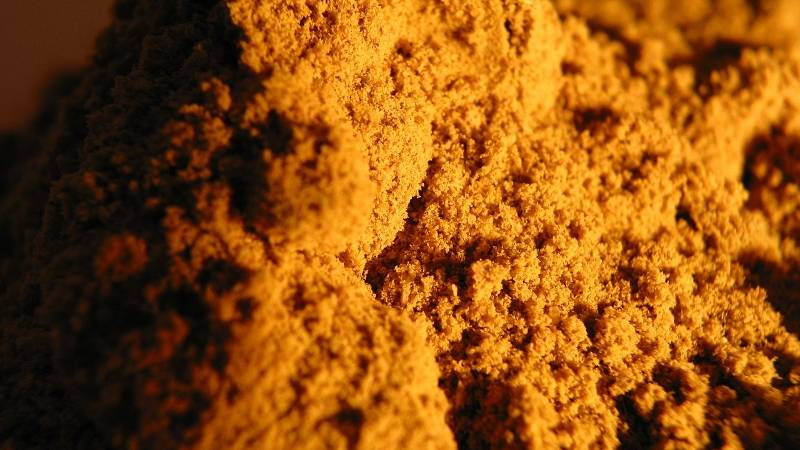Researchers at New York Medical have discovered that berberine, a natural compound, could be a potential treatment for eczema exacerbated by Staphylococcus aureus (S. aureus) infections. The study, led by postdoctoral fellow Anish R. Maskey, Ph.D., was presented at the American Society for Microbiology (ASM) Microbe meeting in Atlanta, Georgia.
Eczema, an inflammatory skin disease that affects millions worldwide, is associated with an altered skin microbiome and higher colonization by S. aureus. Current treatments often fall short, with topical antibiotics risking the development of antibiotic resistance and steroid use potentially resulting in topical steroid withdrawal (TSW) syndrome.
Comprehensive Analysis Reveals Resistance Genes and Toxin-Encoding Genes
The research team conducted comprehensive analyses, including whole genome sequencing of isolated S. aureus strains from eczema patients. The results revealed resistance genes and toxin-encoding genes, highlighting the need for alternative treatments.
Berberine showed anti-inflammatory effects and inhibited mast cell degranulation, a key mechanism in eczema progression, suggesting its potential as a therapeutic agent. Mechanistic insights uncovered berberine’s ability to suppress genes associated with inflammatory pathways, and computational modeling identified key targets in the PI3K/AKT pathways.
Berberine’s Potential as a Valuable Natural Product for Eczema Treatment
“Berberine may be a valuable natural product for treatment of multi-drug resistant S. aureus-exacerbated eczema due to its antibacterial and anti-inflammatory [effects] and inhibition of mast cell degranulation,” Maskey said.
The study’s findings shed light on berberine’s ability to inhibit S. aureus colonization and alleviate eczema symptoms without adverse effects, making significant strides toward more effective eczema management.
The research was supported by funding from The Lie and Artati Family Fund and the Study of Integrative Medicine Fund.
For more information, explore the following resources:


